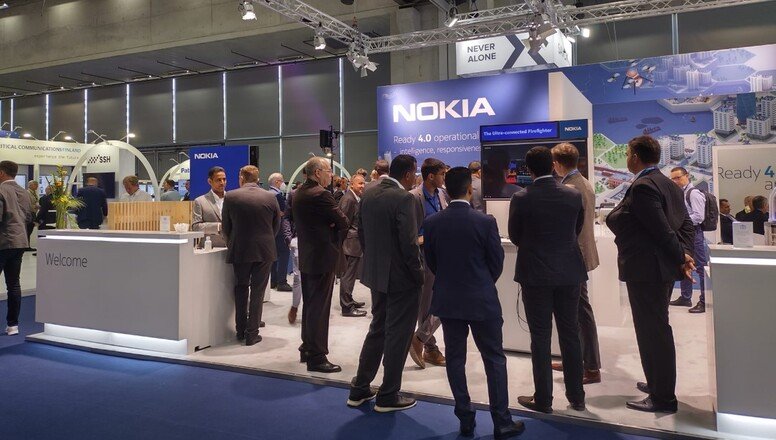Nokia has announced a significant enhancement of its IP routing platforms to support the increasing demands of mission-critical networks, especially as utility companies worldwide shift toward smart grid technologies. With utilities under mounting pressure to modernize infrastructure in response to rising cybersecurity threats, climate-related disruptions, and regulatory requirements, Nokia is positioning its expanded offerings as key enablers of digital grid transformation.
The update includes the expansion of Nokia’s 7705 Service Aggregation Router (SAR) and 7250 Interconnect Router (IXR) platforms. These systems are engineered to deliver the performance, scalability, and security required for the evolving needs of utilities integrating distributed energy resources such as rooftop solar and battery storage. By supporting automation standards like IEC 61850, the routers also facilitate improved operational efficiency and real-time grid monitoring.
Utilities are increasingly relying on IP/MPLS networks that can provide the low latency, precision timing, and deterministic traffic management essential for controlling substation equipment and other critical infrastructure. Nokia’s routing platforms support a broad spectrum of use cases, from Supervisory Control and Data Acquisition (SCADA) systems to Intelligent Electronic Devices (IEDs), while ensuring backward compatibility with legacy protective relays.
A key differentiator in Nokia’s latest rollout is its adoption of quantum-safe MACsec encryption, aimed at future-proofing networks against emerging cybersecurity threats, including those posed by quantum computing. The company is also preparing for rising bandwidth requirements, driven in part by the proliferation of high-definition CCTV systems and sensors at substations, by enabling network scalability up to 100 GE and 400 GE.
Quantum-Resistant Networking Solutions
The move comes at a time when governments are encouraging grid modernization through policy incentives and climate mandates, pushing utilities to adopt infrastructure capable of supporting net-zero objectives. Nokia’s routing solutions are designed to provide a full-stack, end-to-end network that stretches from the data center core to remote substations.
“In addition to providing bandwidth, our energy clients are requesting networks that can withstand the most extreme circumstances, adhere to precise timing requirements, and equip them against threats from the quantum age,” said Vach Kompella, Senior Vice President and General Manager of IP Networks at Nokia. “We’re reaffirming our dedication to mission-critical connectivity with these latest additions.”
With this portfolio expansion, Nokia seems to underscore its commitment to supporting utility providers in building secure, resilient, and future-ready smart grid networks.

